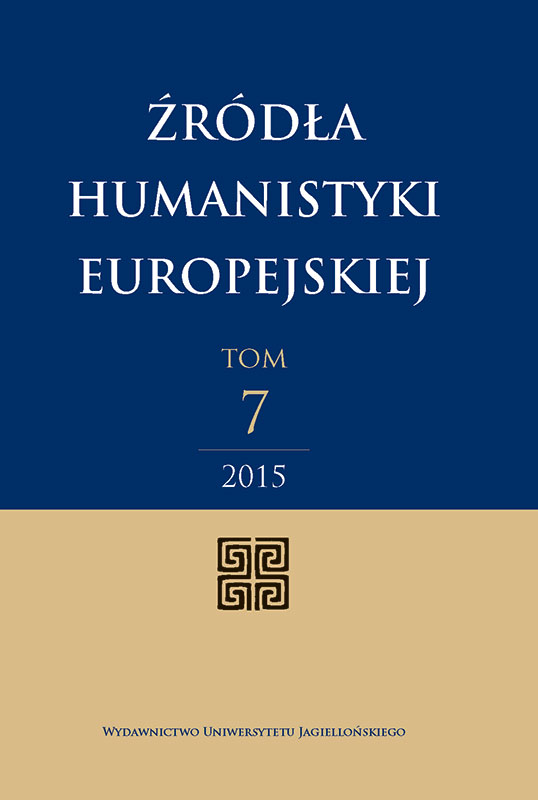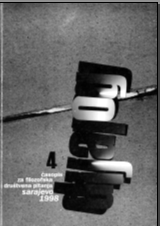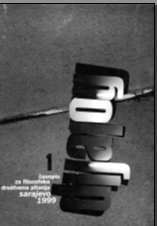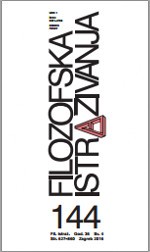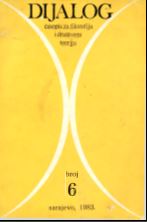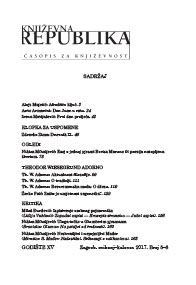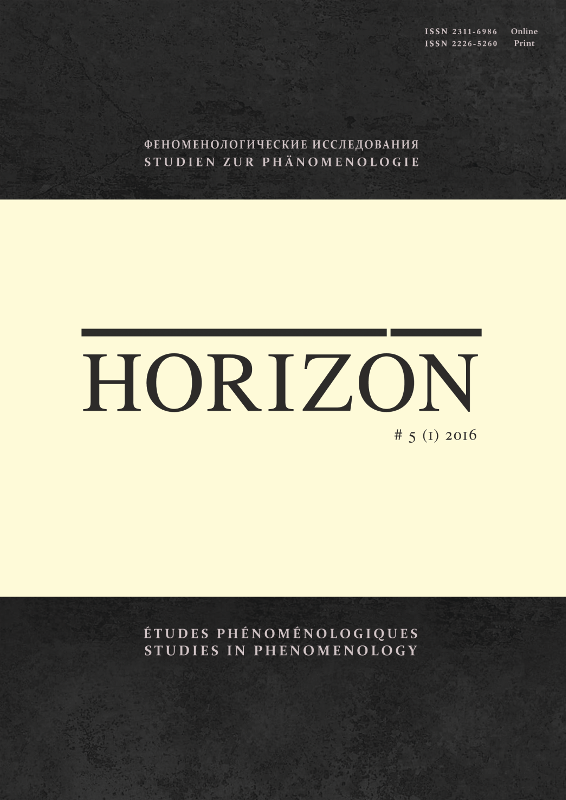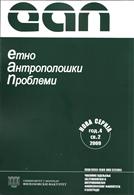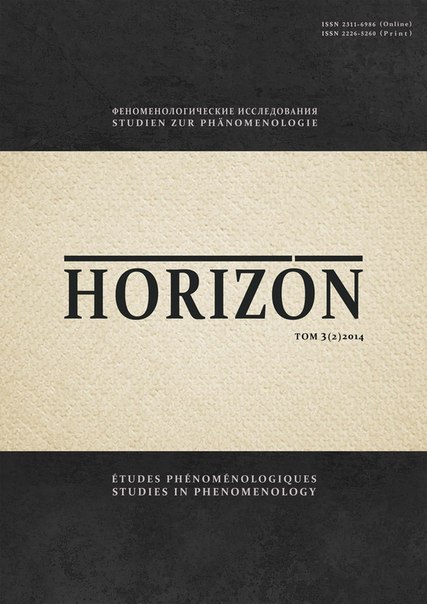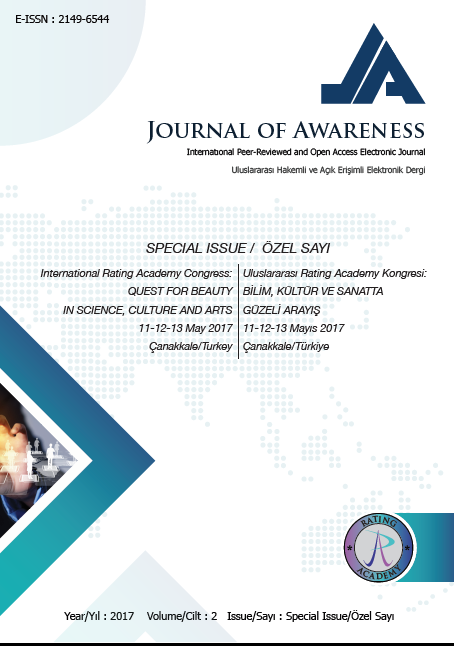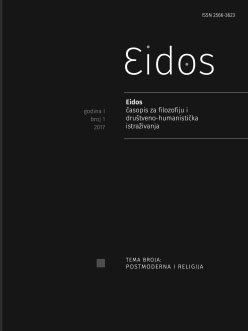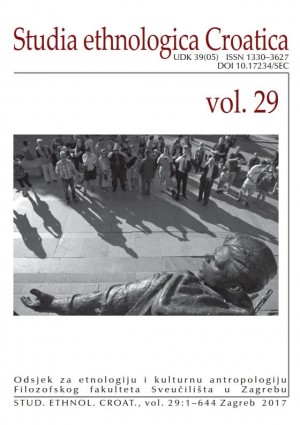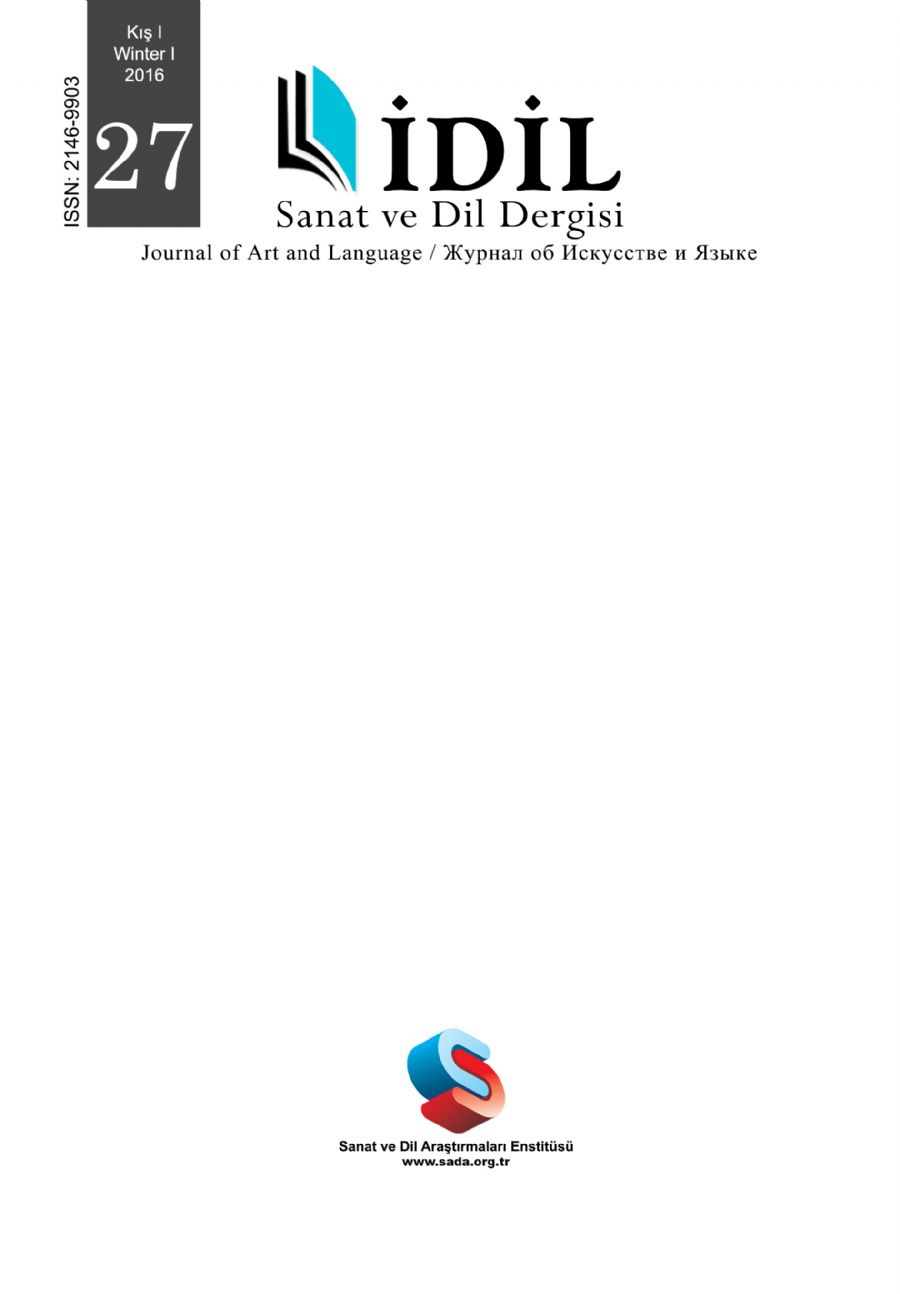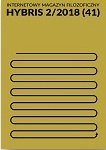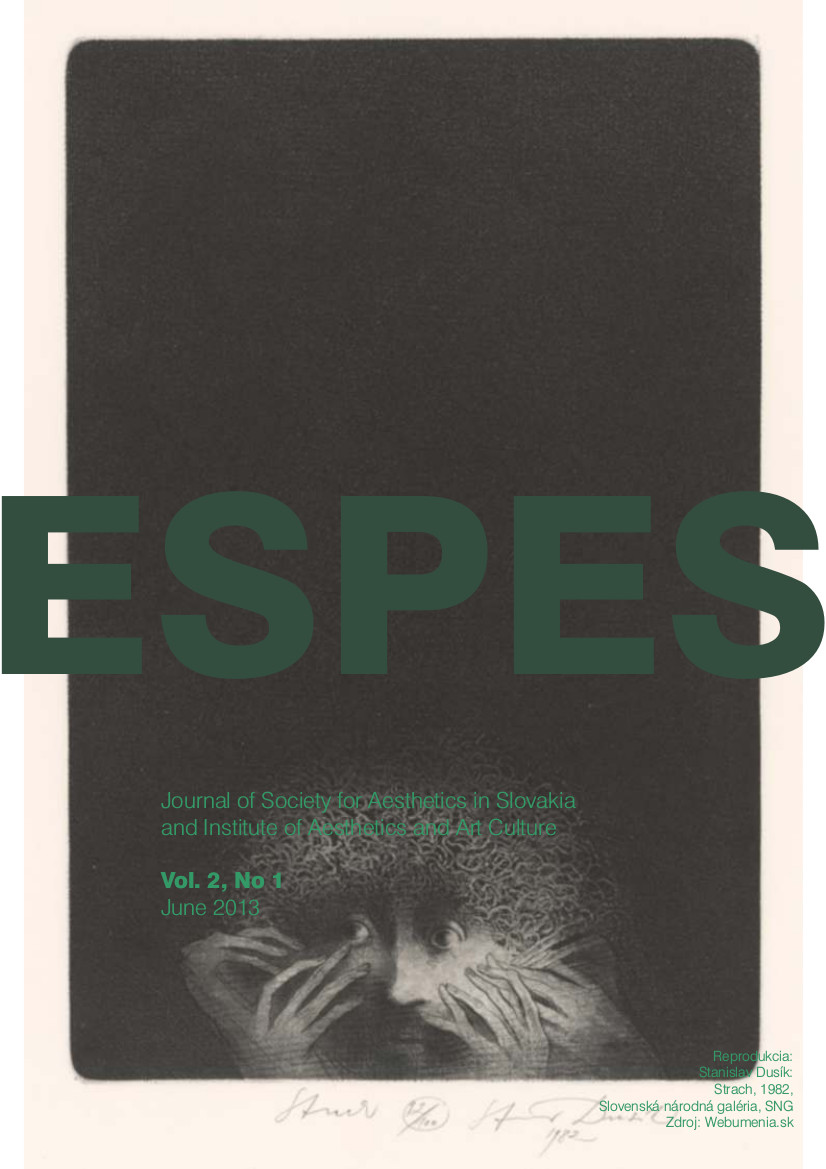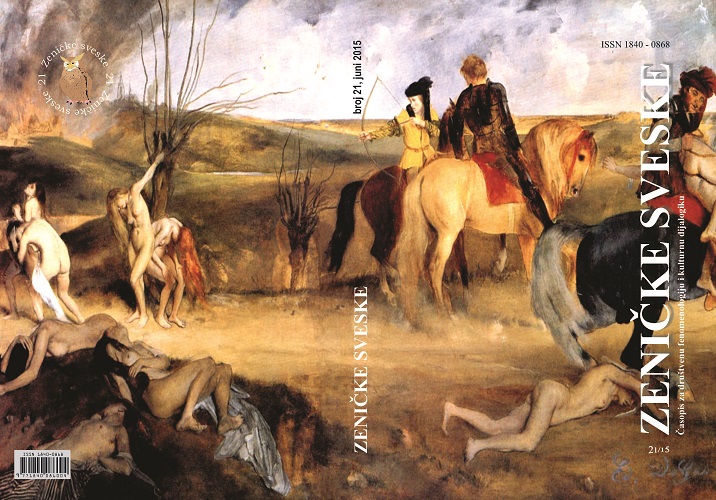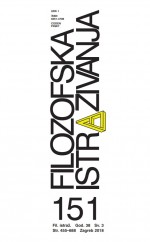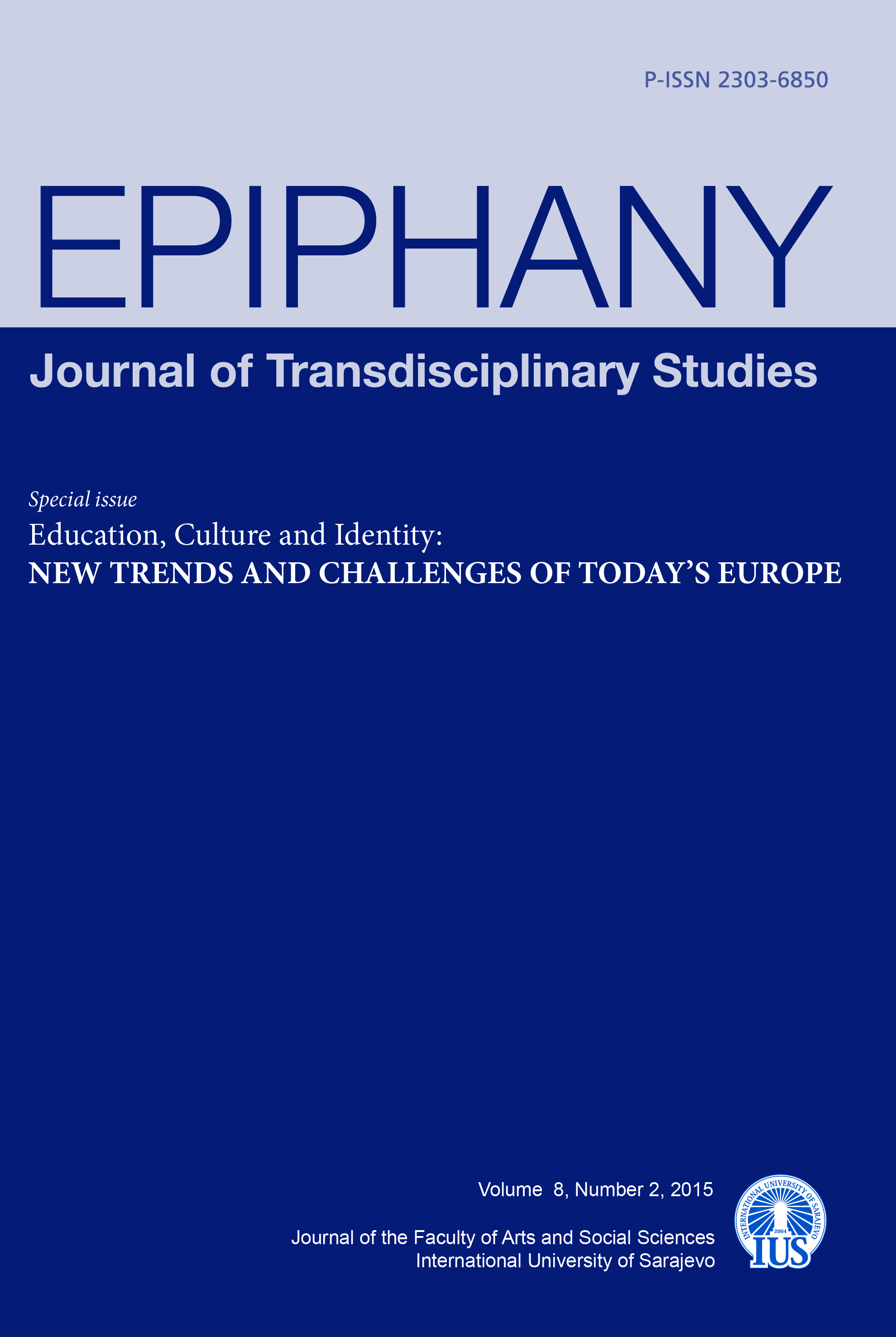
The Rise and Fall of the European Dream
The European Dream is often portrayed as the benign if not benevolent counterpart to the fading American Dream. Yet, as economic historian Joseph Lough shows in this essay, the European and American dreams are linked by more than their shared embrace of free market capitalism. In this essay Professor Lough exposes the darker side of the European Dream, a side first expressed in the 1990s, but now fully revealed in Europe’s conflict with Greece. As Professor Lough shows, this dark side of the European Dream was already present at its birth in the 19th century, when GWF Hegel allegorized its birth and diffusion through a story about the Self-Moving Substance that is Subject. This story has received mathematically rigorous validation through convergence theories of today’s neoclassical and neoliberal economists. Yet is total domination by this Self-Moving Substance inevitable, much less desirable? Professor Lough shows how Europe could adopt an alternative, more sustainable European Dream to meet today’s pressing challenges.
More...
